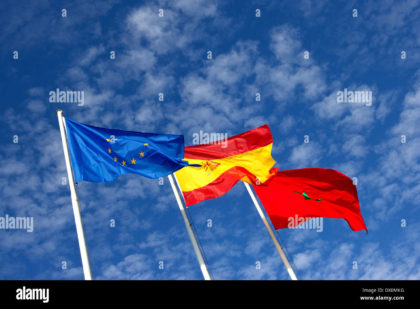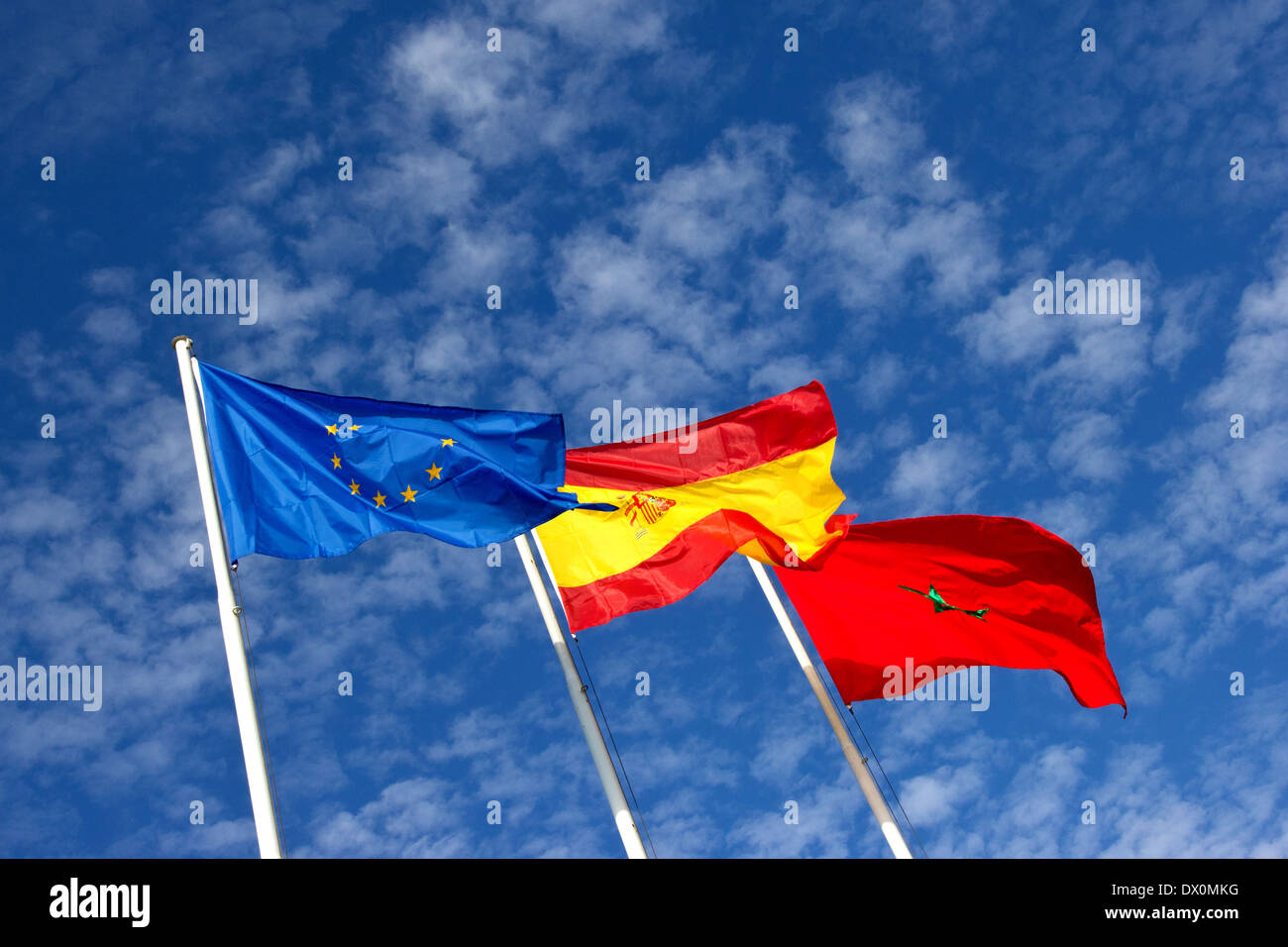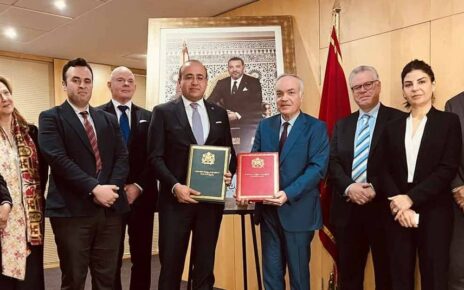 By backing the Moroccan autonomy initiative as “the most serious, realistic and credible basis for resolving the dispute” over the Sahara, Spain wants to contribute to resolving this issue that has lasted too long, Spanish Foreign Minister, José Manuel Albares said on Tuesday.
By backing the Moroccan autonomy initiative as “the most serious, realistic and credible basis for resolving the dispute” over the Sahara, Spain wants to contribute to resolving this issue that has lasted too long, Spanish Foreign Minister, José Manuel Albares said on Tuesday.
This decision aims to “contribute to ending a conflict that has lasted for over 46 years,” Albares said before the Spanish Senate, assuring that Spain has followed the lead of other world powers that have supported the Moroccan approach.
On March 18, Spain officially endorsed in a letter by the head of the Spanish Government Pedro Sanchez to King Mohammed VI Morocco’s Autonomy Plan as the most serious and credible solution to end the decades-long dispute.
Spain’s position is “very similar to that adopted by France and Germany, meaning that the Moroccan autonomy plan is the most realistic basis,” the Foreign Minister insisted.
“I do not see that anyone thinks that the position of these two countries is not in compliance with international legality,” Albares added, noting that the position expressed by the Spanish government is in line with the UN Charter and the Security Council resolutions, including the latest resolution 2602.
It is also in line with the support given to the mission of the UN Secretary General’s personal envoy for the Sahara, Staffan de Mistura, he said, while stressing the importance of the relationship with Morocco that he described as fundamental.
“The relationship with our southern neighbor is fundamental,” he said, reiterating his country’s determination to boost cooperation with Morocco at all levels, including in terms of management of migration flows, security, and the fight against terrorism.
The Spanish Foreign Minister, who was earlier this week on a visit to Brussels, also met with Staffan De Mistura to discuss Spain’s new stand and support to the Morocco-proposed autnomy plan.
The head of Spanish diplomacy highlighted during the talks that his country supports De Mistura’s work “to achieve a mutually acceptable solution within the framework of the United Nations.”
The Spanish official reiterated that “Spain considers the autonomy initiative presented by Morocco in 2007 as realistic and credible to resolve this conflict.
The Spanish Foreign Minister is scheduled to visit Rabat this March, announced the Spanish government. A visit of Pedro Sanchez to Morocco is also planned. The date of the visit has not been announced yet.
The historical change in the Spanish position on the Sahara conflict continues to trigger reactions internationally, and particularly in Spain.
In this connection, Isabel Rodriguez, the Spanish government spokeswoman, echoed Albares’ statement, emphasizing that her country is entering a new phase in relations with Morocco.
“The most important thing is to look to the future and not look back on the past. We are satisfied with this agreement, which means the re-establishment of diplomatic relations with a neighboring and strategic country for Spain,” she said.
Rodrigues emphasized that preserving good ties with Morocco is of great importance to the Spanish government.
“Morocco is a strategic ally with which we maintain human, historical, geographical, and economic ties,” Rodriguez added.
Spanish government’s former president José Luis Rodríguez Zapatero has once again defended his country’s position on the Moroccan Sahara issue, stressing that Madrid’s support to Morocco’s Autonomy Plan “is in the interest of Spain, its security, its domestic policy and stability.”
Zapatero said in an interview with El País daily, published on Wednesday, “I appreciate this position because it is sincere and courageous […] and taken in a free manner.”
The former head of the Spanish government (2004-2011) noted further that the position is part of a “political consistency”.
According to Zapatero, “what the government has done is to clarify and ratify the stance of Spain which is a constructive position and support” to Morocco. He recalled that since the presentation by Morocco of this initiative in 2007, the UN Security Council has “welcomed it” and supported a solution within its framework.
The decision taken by the government of Pedro Sánchez is “the explicit confirmation of the policy of Spain since 2008,” he said, adding that he has expressed his support for the Moroccan autonomy plan since that date.
“The peaceful resolution of conflicts must be based on logic and the search for an agreement,” said Zapatero, assuring, in this sense, that the Spanish government has taken a “courageous and correct” decision. “Governments have the political responsibility to find solutions, not just to show compassion,” he said.
Former President of the Spanish government, Felipe González in turn gives his full support to the new position of his country recognizing the plan for autonomy as the only “viable” option to definitively settle the Sahara issue.
Another former head of the Iberian government and connoisseur of the Sahara dossier, Felipe González, added his voice to that of José Luis Rodríguez Zapatero to express support to Madrid’s new position, recognizing the autonomy plan as the only possible way out of the conflict.
In statements reported this Wednesday March 23 by the official Spanish agency EFE, Felipe González affirmed that the Moroccan autonomy plan was the “only proposal” which offers “a negotiated exit from the conflict”. An option described as “viable” and “within the framework of the United Nations.”
The plan for Morocco’s autonomy is “the only proposal already in the hands of the United Nations and offering a viable solution” to the Sahara issue, he insisted.



